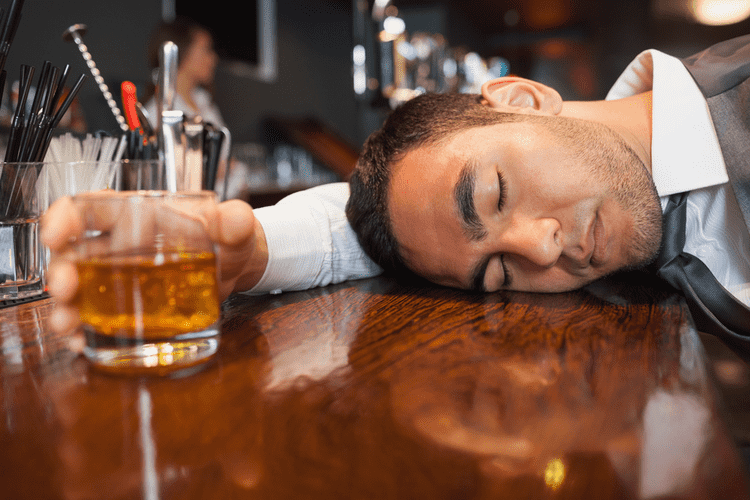Content
When someone enters recovery for alcohol abuse, they usually struggle with anger problems and emotional regulation. The early months of sobriety can be an emotional rollercoaster filled with many highs and lows; the relationship between alcoholism and anger is a complicated one. At this point, it’s a good idea to seek emotional support or feedback from trusted members of the sober community. Let’s face it, recovery and life offer ups and downs, peaks and valleys. These situations can be amplified in the absence of an anesthetizing substance, but we must meet life’s turmoil with the tools learned in recovery.
- Sober since 2014, Olivia is a proud alumna of Burning Tree Ranch.
- Deciding to quit isn’t easy, but it’s a brave and commendable first step toward becoming sober.
- A Sober Girls Guide is one of a cohort of online sobriety groups that became popular as more people grappled with sobriety early in the pandemic, and they appear to be here to stay.
- Ex-drinkers should find like-minded persons to keep them company, encourage them, and remind them about how far they have come.
- Relapse is a normal part of the sobriety journey, and it is necessary to engage in ongoing treatment and learn to manage relapse triggers to achieve lasting sobriety.
- Eventually, you may be able to be present and sober in situations that used to tempt you, but it’s best not to take chances in the beginning.
The recovering person may talk themselves into drinking again by creating a strategy for achieving moderation. Or they may have simply acted out of urgency when triggered by stress. A person in recovery with an AUD may justify drinking by avoiding hard liquor and only drinking beer or wine, but unfortunately, the disease does not differentiate, and it’s a slippery slope. To justify drinking, people in recovery might pledge not to drink before a certain time of the day or on specific days of the week. While it shows the individual with an AUD is setting boundaries, there is no way for an alcoholic to drink alcohol again in a healthy way.
Tips to Help You Stay Sober
In his role as Director of UR Evan manages the utilization review department, insurance contracting, credentialing, and continuing care. My name is John Bruna, co-founder sober alcoholic of the Mindfulness in Recovery® Institute, and more importantly, a grateful member of the recovery community. I am incredibly fortunate to have found my recovery in 1984.

You may also begin grieving the relationship you had with your substances of choice. Business Development Representative for Burning Tree Programs. An avid aircraft enthusiast and aviator, Eric has been sober since 2005.
Do You Lose Weight When You Quit Drinking?
At some point in your recovery, you’ll feel stressed out, whether it’s major stress or minor stress . When things like this happen, find a sober friend or loved one you can talk to for support. And keep your schedule loose enough that you have time for group meetings and other things that can help you through rough stretches.
Feeling guilty or ashamed of past behavior or actions during active addiction is natural and healthy. If PAWS is severe or if you’re experiencing prolonged symptoms, a medical professional can help you work through them and remain in recovery without relapse.
Avoid Old Routines and Habits
They welcome and embrace anyone who identifies as LGBTQIA+ in the AA fellowship for meetings, providing that extra little bit of helpful support. They also feature a newsletter and plenty of resources for those who want some additional information online.
Regardless of which recovery path you choose, the first 30 days will be a rollercoaster. Your body will first be getting rid of all of the substances inside, and you may feel tired, sick and anxious. In my first 30 days of sobriety, I felt bloated and exhausted, https://ecosoberhouse.com/ and it was weeks before I began to feel well-rested and normal again. After you spend more and more time abstinent from alcohol, sobriety will begin to feel like routine for you. You can expect to learn new habits and new ways of enjoying life without alcohol.
